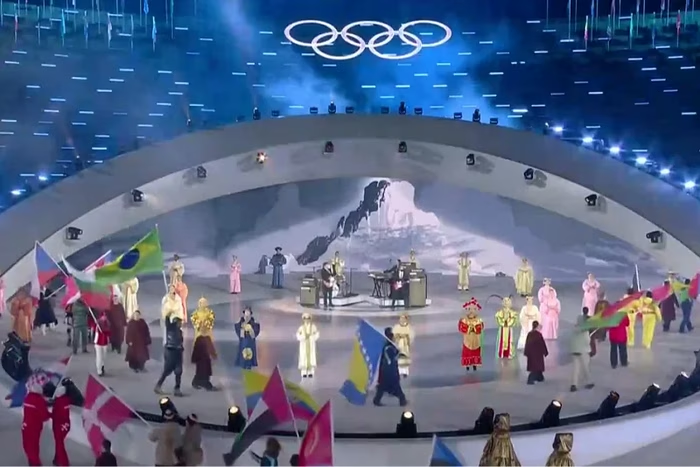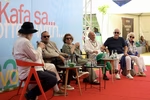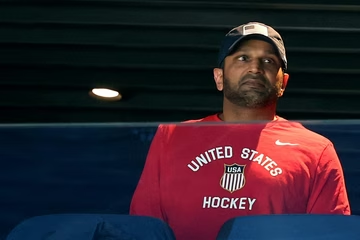
As with many other issues, the three members of Bosnia’s Presidency representing Bosnia main three ethnic groups, completely disagree over Wednesday’s judgement against wartime Bosnian Serb leader Radovan Karadzic.
The International Residual Mechanism for Criminal Tribunals (IRMCT) increased on Wednesday the first instance sentence for the former Bosnian Serb leader from 40 years to life in prison for genocide and other war crimes he had committed during the 1992-95 war in Bosnia and Herzegovina.
The life sentence was “arrogant and cynical,” the Chairman of Bosnia’s tripartite Presidency, Bosnian Serb Milorad Dodik, said.
According to him, the mission of the Hague Tribunal was to ensure reconciliation but after this verdict, “this has come to be even more uncertain and nearly impossible.”
He repeated that Republika Srpska (RS), the Serb-majority semi-autonomous entity within the country, does not trust the Hague Tribunal.
When the tribunal was set up, people thought it could be trusted, having in mind the authority of those who established it, Dodik told reporters in Banja Luka.
“With time, that was lost, as this Tribunal has a highly selective approach,” he added.
But his colleague, Bosniak Presidency member Sefik Dzaferovic, welcomed the verdict.
“The deserved punishment has caught up with war criminal Radovan Karadzic today,” he said, calling Karadzic one of the “architects and leaders of an endeavour that resulted in genocide and crimes against humanity.”
“We waited for justice for two and a half decades, and we got it,” he said, but added that this justice was only “partial.”
The Court did not accept evidence that genocide was committed in seven other towns apart from Srebrenica, Dzaferovic said.
He said that the entire political leadership of the wartime RS was “sentenced for being part of a joint criminal enterprise, genocide and crimes against humanity.”
He said this was not a verdict issued against all Serbs but against a project which Karadzic led.
“This is a strong message to all those who are planning to divide Bosnia and Herzegovina. Their projects will never succeed,” Dzaferovic concluded, adding that “trust cannot be built upon glorifying war criminals.”
The Croat member of the Presidency, Zeljko Komsic, said that the verdict represents “a minimum of justice for all victims, Bosniaks and Croats, who were systematically exterminated as part of a genocidal project of creating Republika Srpska.”
“Today, above all, we have to be in our thoughts with the survivors and families of the genocide victims. Unfortunately, this ruling will not make up for all the pain and trauma they lived through, but it represents partial satisfaction that the person who masterminded the evil that was brought upon them is being held responsible for it," he said.
Kakvo je tvoje mišljenje o ovome?
Učestvuj u diskusiji ili pročitaj komentare





 Srbija
Srbija
 Hrvatska
Hrvatska
 Slovenija
Slovenija



























































